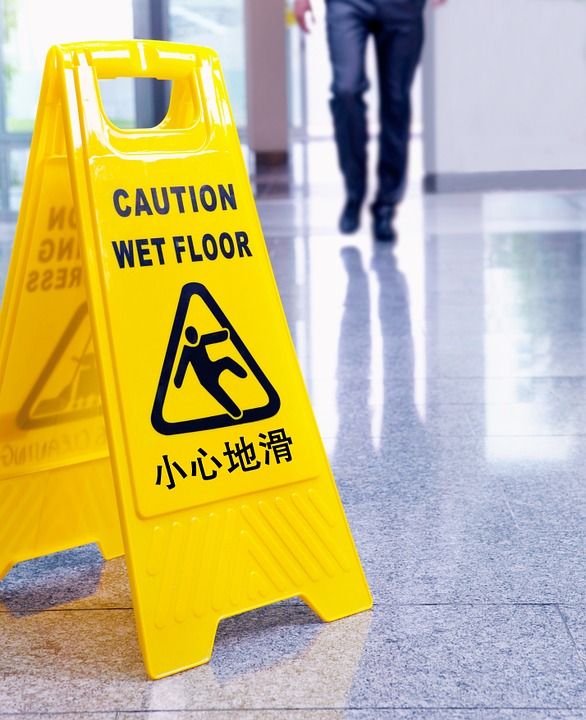Proving Liability in a Slip and Fall Case
Slip and fall is one of the most common and often unnoticed types of accident which can happen to anyone. In some slip and fall cases, you can sustain serious injuries which can alter your life. This article explains the legal recourse options after a slip and fall injury and would dwell on the hot topic of Liability which plays a central role in any slip and fall case.
Liability in the simplest terms mean whether the owner of a premises or his representatives/employees can be held accountable for the injury caused to you in a slip and fall accident. You need to prove that the owner of the property is liable for your injuries in order to win an insurance settlement or a personal injury lawsuit.
Theories of Liability in Slip and Fall Cases
In slip and fall injury cases a person is usually required to prove either of the following:
- Property owner or their employee should have recognized an existing dangerous condition, such as an uneven walking surface or a pothole and should have repaired the damage. The main thing is that the dangerous situation should have been visible to a “reasonable” person and whether the respondent has ample opportunity or time to remedy the situation before the accident.
- Property owner or one of their employees actually caused the accident. For example, by leaving an obstacle in the walking path and it was reasonably foreseeable that someone slip and fall because of it.
Proving Negligence and Liability
You must pay close attention to the word “reasonable” here as it often comes up in slip and fall injury lawsuits. The legal theory suggests that a person can be held negligent if he failed to act as a reasonably prudent person would have acted to avoid injury to any visitor.
You also need to prove that you, yourself, are not responsible for the injury because if you are, the jury will hold you liable for 25% of the injury, and your compensation will be reduced by 25%.
Different states have separate laws and legal doctrines which dictate how much compensation you can get. Proving liability in a slip and fall case is essential for getting any compensation for the damages and injuries you sustained.
Florida, for example, follows the pure comparative negligence doctrine which stipulates that each person can be held liable only for their share in an injury, and if you are suing for compensation in Florida, you can get compensation from the property owner only for his share of liability.
Conclusion
If you, someone you know, or a loved one has been injured in a slip and fall accident, St. Petersburg accident attorneys Shocklee & Paolino are on hand to help. If you don’t understand your rights and the complexities of a slip and fall accident case, you may lose the opportunity to receive the compensation you are entitled to. Contact us today at (727) 498-8771 for a free, no-obligation consultation.
